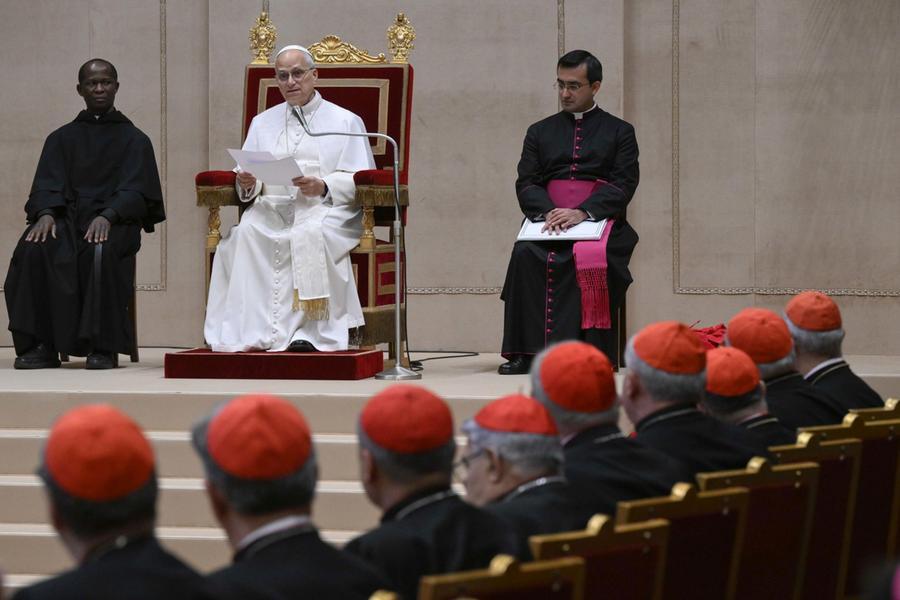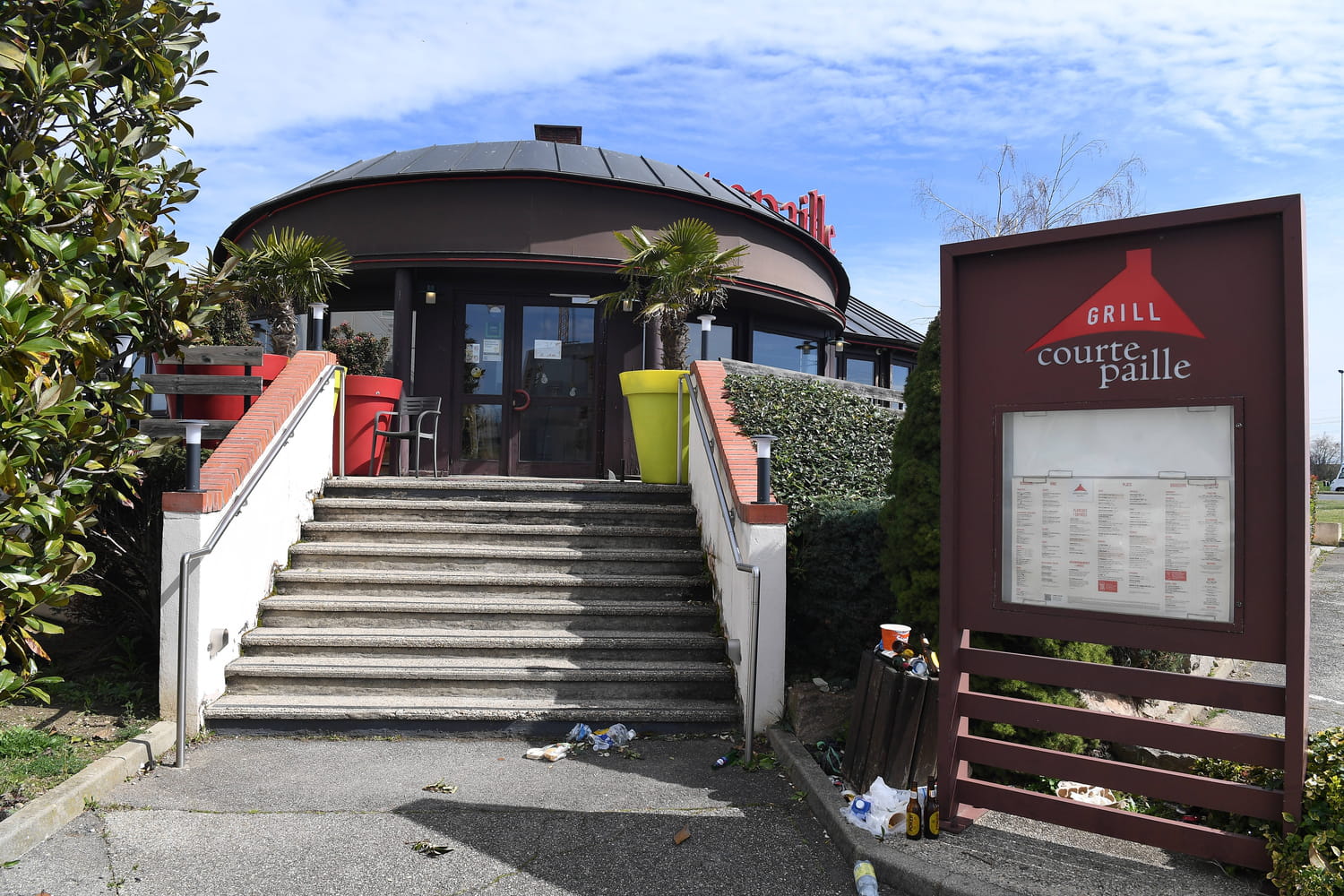It is never easy to react to the news of cancer. Interview with psychologist Blandine Chemin-Sauque and Dr Géraldine Lauridant, medical oncologist.
In one sentence, everything changes. The news of cancer marks the break between the life before and the life after. “It’s always a shock”recognizes Dr. Géraldine Lauridant, medical oncologist. Aware of the brutality of this moment, the caregivers have put in place a protocol – the “announcement device” – so that this stage takes place in the best conditions. Established as part of the Cancer Plan, it includes several stages: the medical consultation then an interview with a nurse to reformulate and answer questions. But “there is inevitably violence in the ad, even when the words are chosen carefully”underlines psychologist Blandine Chemin-Sauque. Despite the support, this news remains upsetting. So, how to react?
The most common reaction when diagnosed with cancer is astonishment. “The person is like in a fog: he hears us talking, but no longer records”observes Dr. Lauridant. This state of shock acts as a protection mechanism: the information is “so far beyond the understandable that a form of psychic split occurs”explains Blandine Chemin-Sauque. According to the oncologist, patients “retain only about 15%” of what they are told. Caregivers are aware of this. “I know you’re not going to remember everything, and that’s okay.”reassures Dr. Lauridant. Many describe this moment as a disconnection: “I was there, but part of my head wasn’t there.” These defense mechanisms are natural and allow the brain to absorb the shock and begin adaptation.
There is no right or wrong way to react to the news of cancer. We must first accept that “It’s normal to be afraid, normal to feel anxious”underlines Dr Lauridant. To get through this moment, Blandine Chemin-Sauque explains that the most important thing is to “stay grounded in your body to help it regulate the influx of stress”. That’s to say ? According to the psychotherapist, we must mobilize our senses, encourage ample and regular breathing, push our feet to the ground and seek eye contact with the doctor, whatever thoughts begin to invade us. And seek physical contact with the person accompanying us, by shaking their hand for example. “THE contact keeps the person in reality” she argues. At the end of the interview, the doctor generally asks: “What did you understand? What did you remember?” to ensure that essential messages have been integrated. Here, it is important to tell what you have understood in your own words. This helps to record and understand information.
Once the shock has passed, the medical profession gives the patient the time necessary to assimilate the news. Other meetings will allow us to come back to this. Remember to think about your questions, write them down and ask them at the next appointment with your doctor. Finally, don’t forget to ask your loved ones for help and create a bond of trust with the healthcare team. “Even if the path is uncertain, there are things that remain”recalls the psychologist. Bad news is still bad news, but “we have the means to act and cope”, concludes Dr. Lauridant positively.
Thanks to Blandine Chemin-Sauque, psychologist and therapist, co-author with Eloïse Maillot-Nespo of “When you become a family caregiver” (ed. Albin Michel). And thank you to Dr. Géraldine Lauridant, medical oncologist at Les Dentellières Cancer Center.








